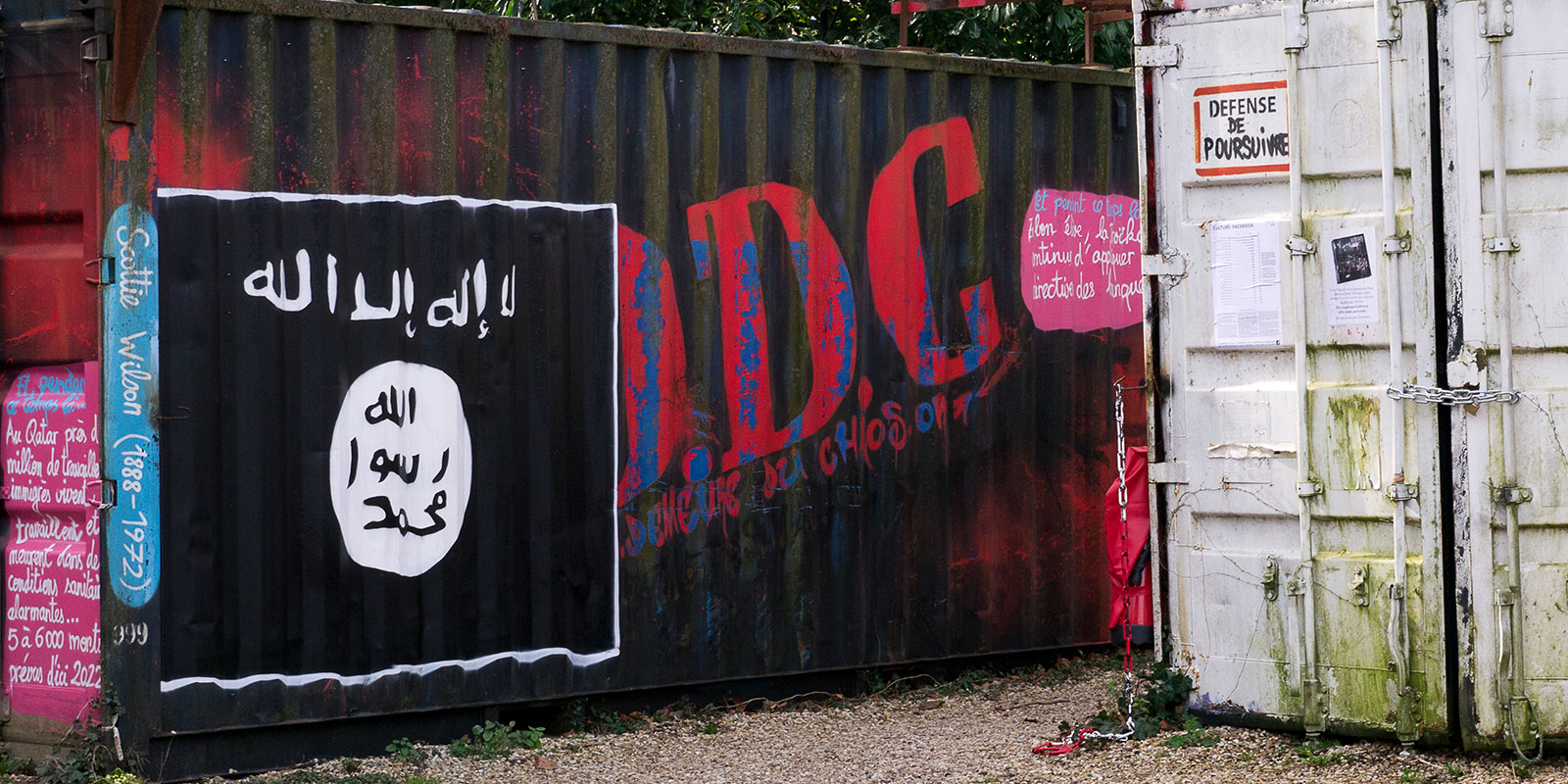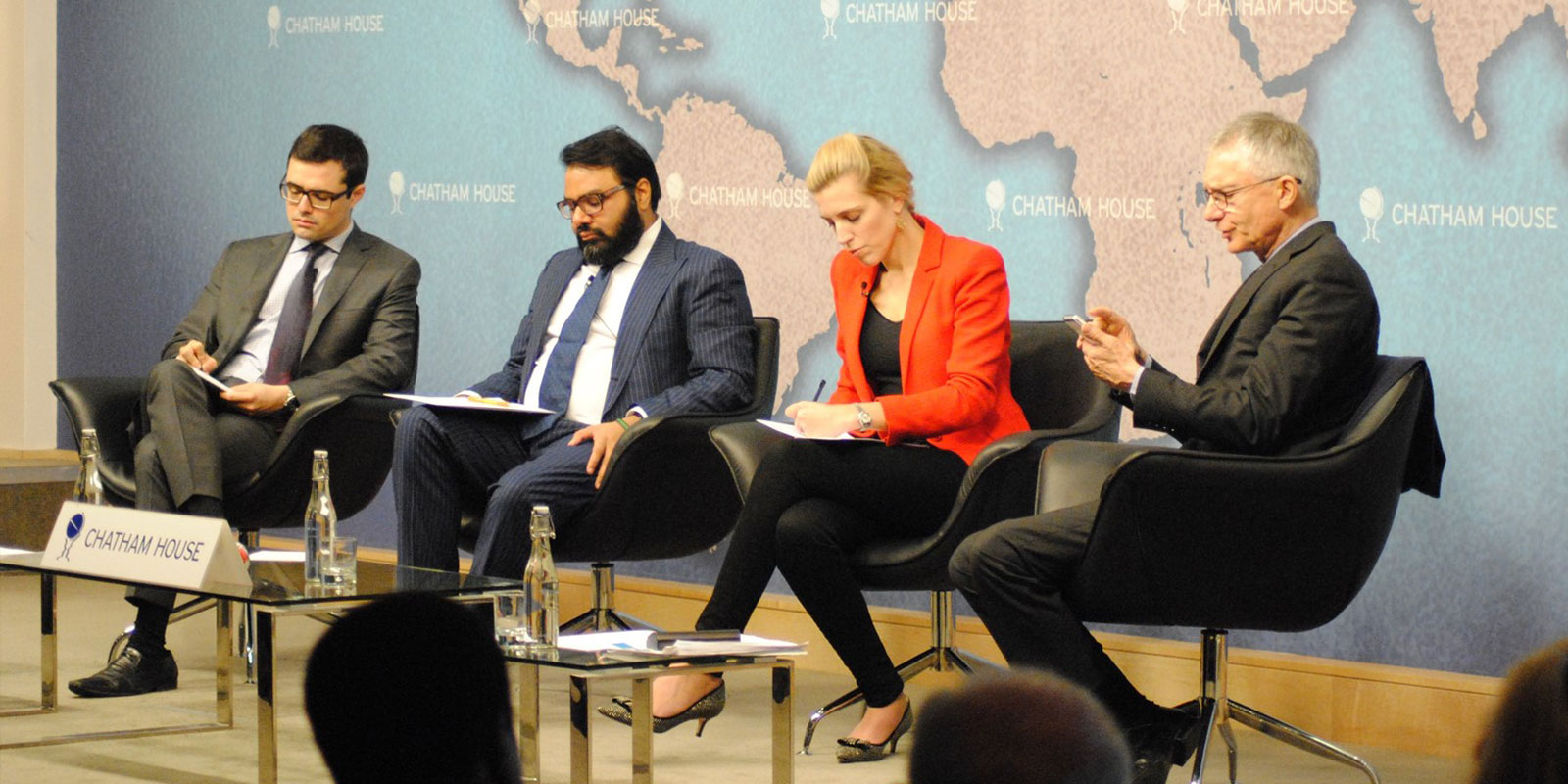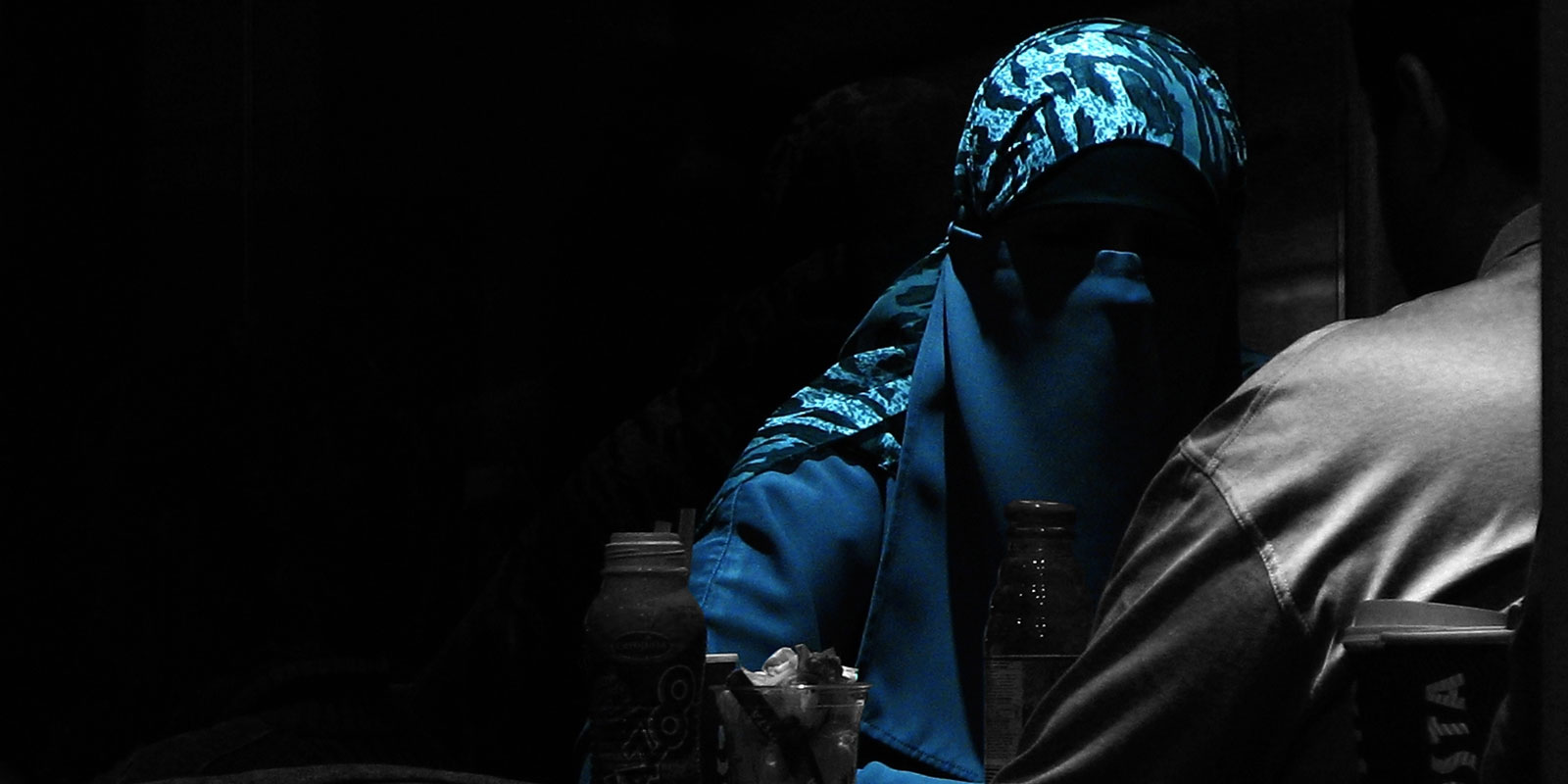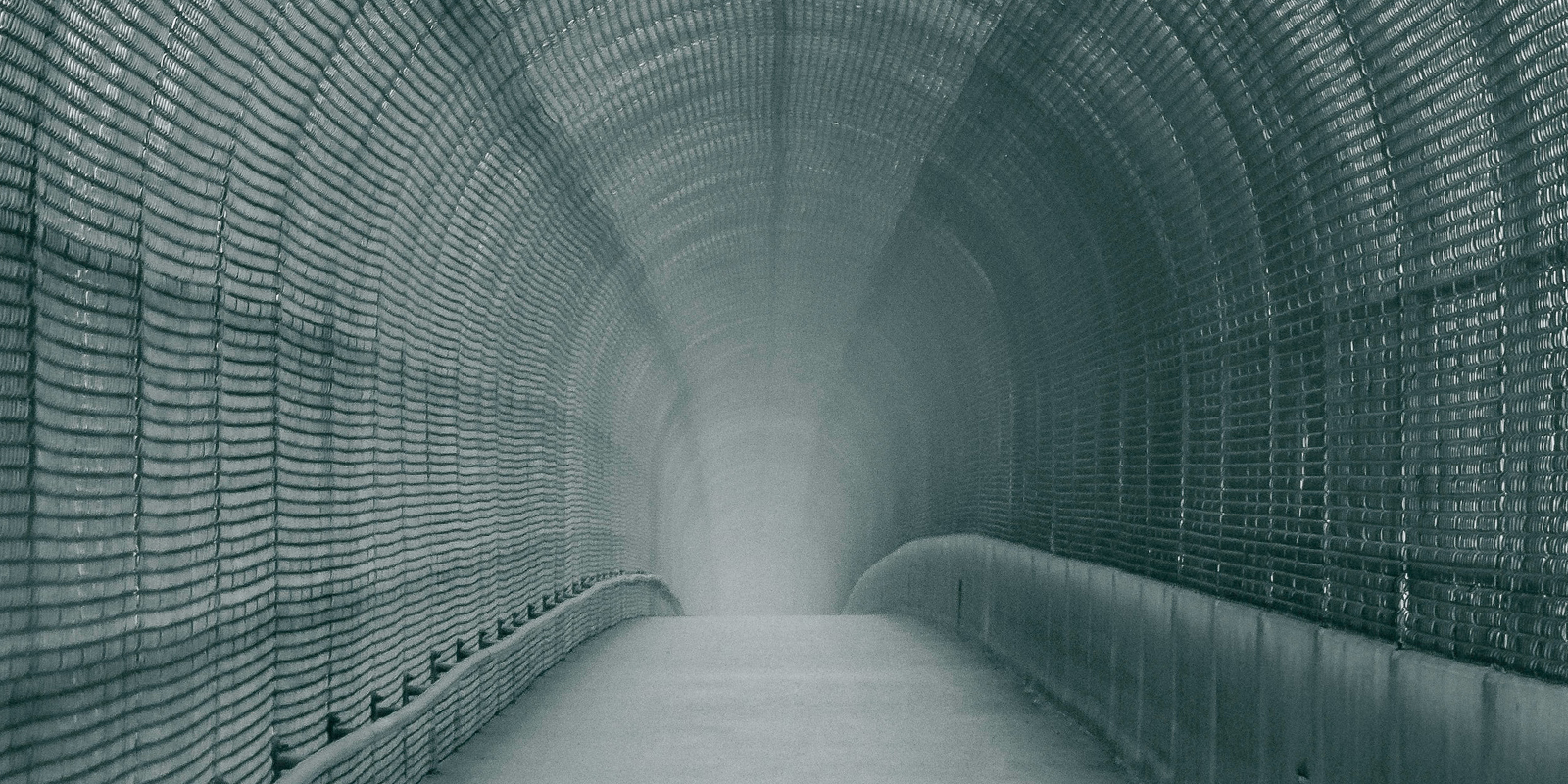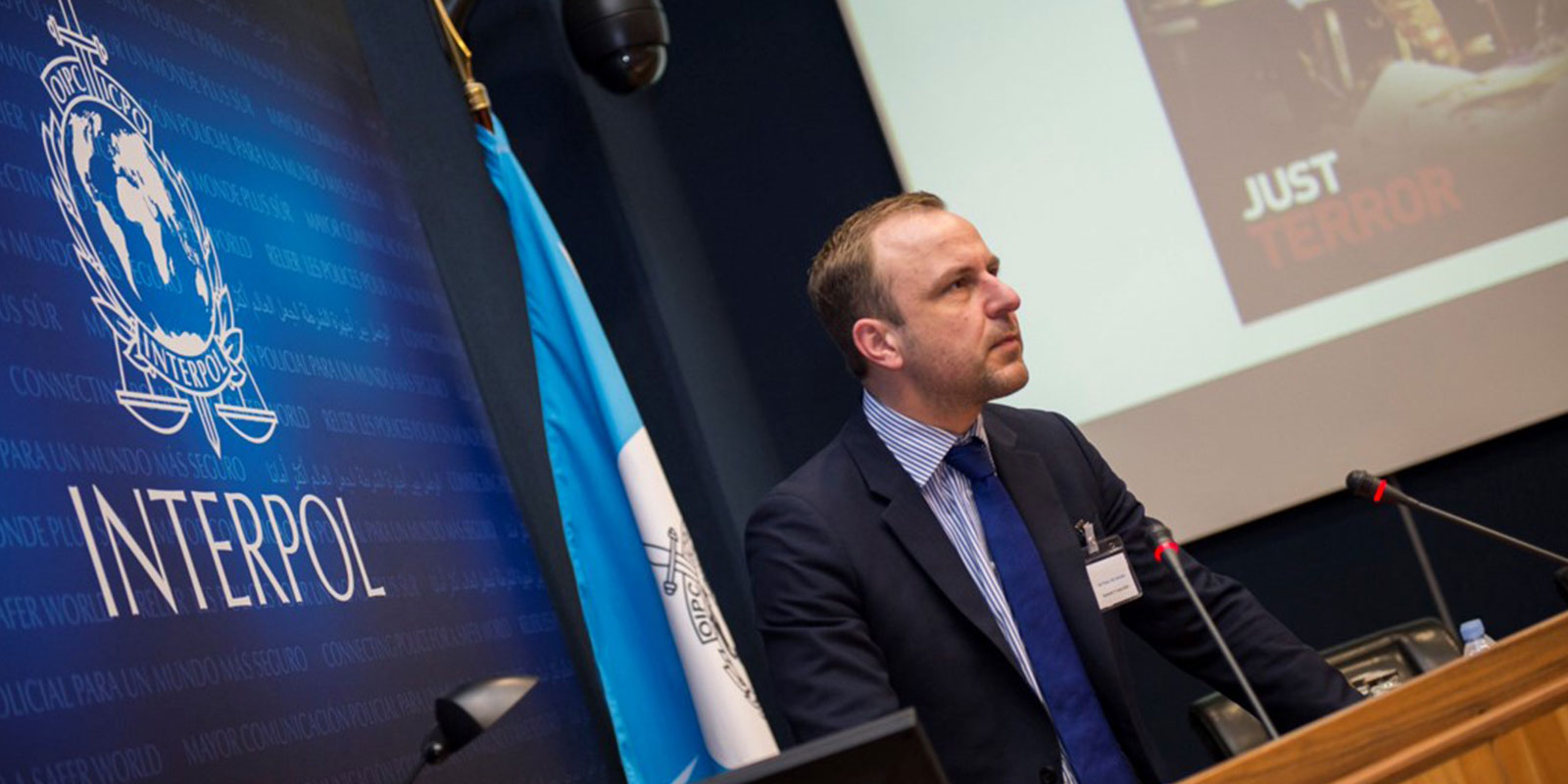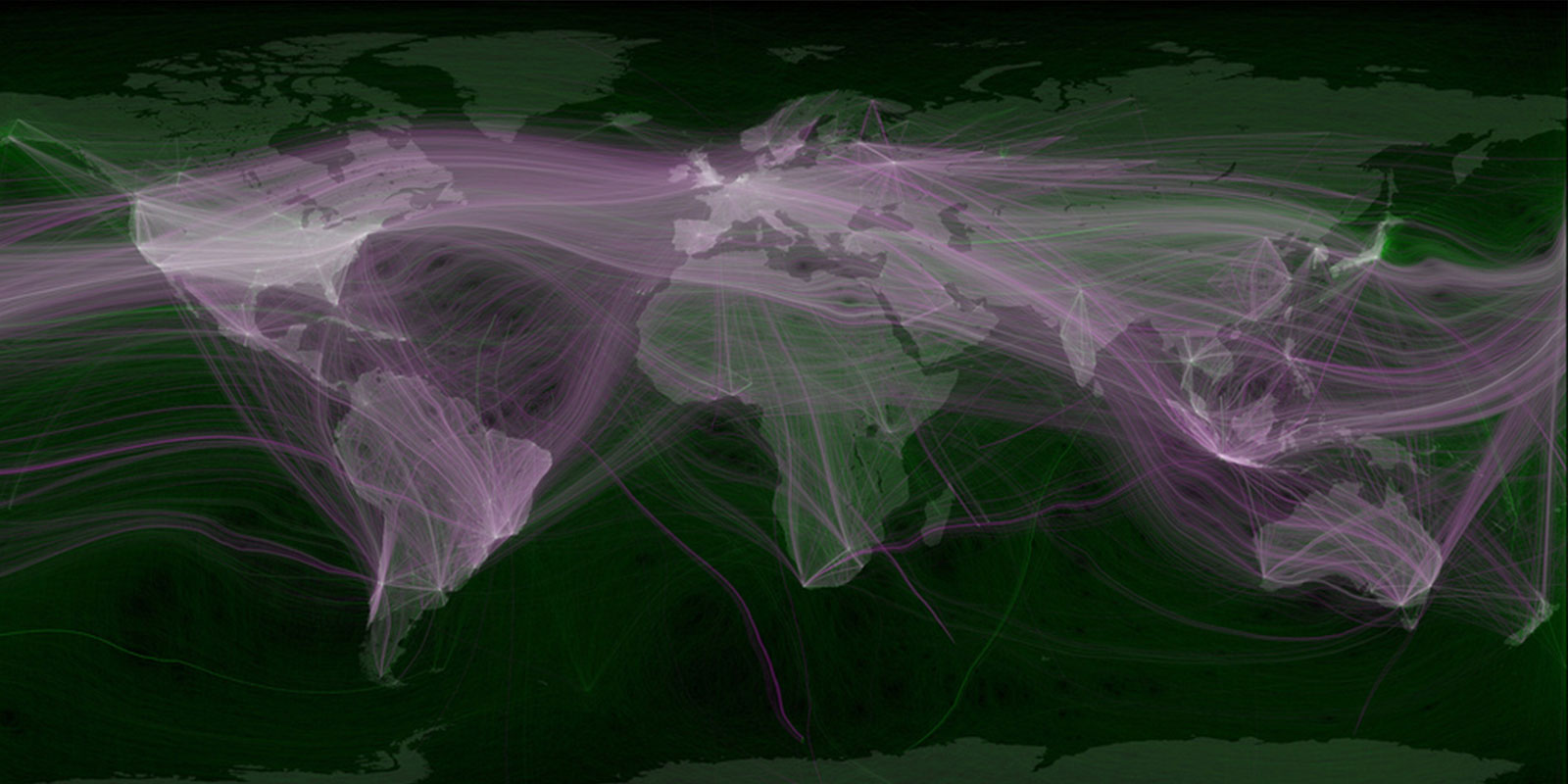Foreign Fighters and the Returnee Threat
ICSR has developed some of the most sophisticated open-source methods used by academics today to better understand the origins, role and involvement of the foreign fighters participating in the Syrian confict.
Learn MoreIslamist and Jihadist Non-State Actor Governance in the Arab World
This expansive project has been designed to trace and describe the challenges to power, politics, and governance posed by these key Islamist groups, particularly since 2011.
Learn MoreThe Women and Minors of Islamic State
At its peak, Islamic State governed over 11 million people in Syria and Iraq in a territory that once exceeded the size of the United Kingdom. Among these millions were an estimated 41,490 men, women and minors, who travelled to, or were born into, the Islamic State project.
Learn MoreBest Practices in Extremist Offender Management: a European survey
In 2010, we conducted an extensive study of radicalisation and de-radicalisation within prison systems. We compared 15 countries, analysing prison regimes, patterns of radicalisation, and good practices for re-integration and rehabilitation.
Learn MoreThe Crime-Terror Nexus
Many of the jihadist terrorist attacks that have hit Europe in recent years, leaving hundreds dead and many more injured, had some sort of overlap with the criminal world with a significant number of attackers having criminal pasts.
Learn MoreThe Violent Far-right
The challenge presented by violent non-state actors was brought into sharp relief at the start of the century with the 9/11 attacks when al-Qaeda attacked the United States. The intervening period has given way to a series of more diffuse and splintered movements, from all parts of the political spectrum.
Learn MoreExtremism, Terrorism and Strategic Communication
Jihadist propaganda has never been more salient but its motivations and impact are often misunderstood. This research examines online and offline public diplomacy efforts from the likes of the Islamic State, al-Qaeda, and Hay’at Tahrir al-Sham (HTS) in Syria.
Learn MoreTerrorist Content Classifier
The challenge presented by violent non-state actors was brought into sharp relief at the start of the century with the 9/11 attacks when al-Qaeda attacked the United States. The intervening period has given way to a series of more diffuse and splintered movements…
Learn MoreExtremist Tactical Innovation and Diffusion
This project examines the diffusion of terrorist attack planning and ways to hamper the malevolently creative, destructive capability of ideologically motivated individuals or terrorist organisations.
Learn More
